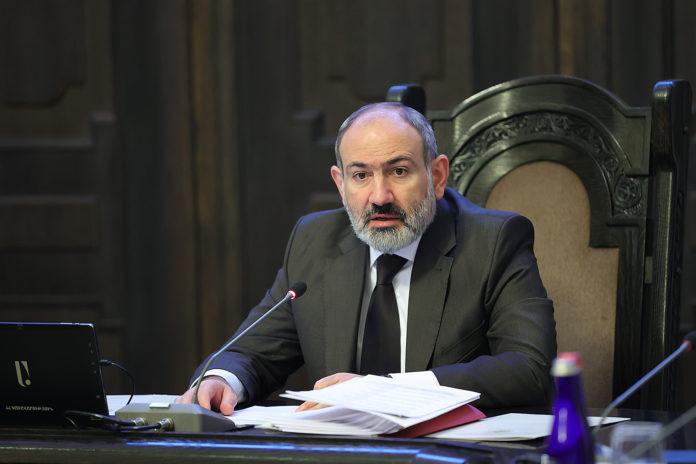YEREVAN (JAM News) — Prime Minister of Armenia Nikol Pashinyan on January 24 answered a wide-ranging series of questions from journalists and representatives of civil society, on the air, and spoke about the issues that the country is currently facing. He outlined the priorities of the current government, including the demarcation of the Armenian-Azerbaijani border, signing a peace treaty with Azerbaijan, normalization of relations with Turkey and overcoming the internal political crisis.
The main message of the press conference was the confirmation of its course towards establishing peace and stability in the region, which is also enshrined in the government’s program for the coming years.
The prime minister’s press conference began with the question of the resignation of the country’s president, as he announced his decision unexpectedly for the whole country, including, as it turned out, for Pashinyan. The Prime Minister learned about Armen Sarkissian’s intentions 3.5 hours before the publication of his statement.
The prime minister did not comment on possible reasons for the hasty resignation of the president, and talked about the future instead.
The president justified his decision to resign by the limitations of the constitution, which does not provide president with tools for making decisions.
However, Pashinyan said no changes are anticipated to be considered regarding the constitution.










